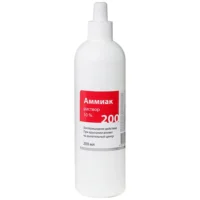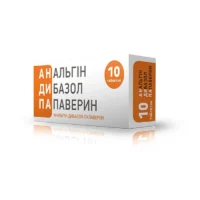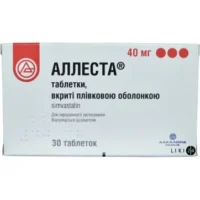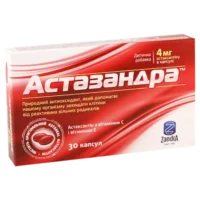Description
Izoniazid Solution for Injections Ampoules 10% 5 ml. №10
Ingredients:
Each 5 ml ampoule contains 10% of Isoniazid as the active ingredient.
Dosage:
The usual adult dose is 5 mg/kg/day up to a maximum of 300 mg/day. Dosage may vary based on the condition being treated. Consult a healthcare professional for the appropriate dosage.
Indications:
Izoniazid solution is indicated for the treatment of tuberculosis. It is used in combination with other anti-tuberculosis medications to effectively treat active tuberculosis infections.
Contraindications:
Do not use Izoniazid solution if you have a history of severe liver disease or if you are allergic to isoniazid. Consult your doctor before using this medication.
Directions:
Izoniazid solution is for intramuscular or intravenous use only. Follow the instructions provided by your healthcare provider for the correct administration of the medication.
Scientific Evidence:
Studies have shown that Izoniazid is a key component in the treatment of tuberculosis. Research published in the Journal of the American Medical Association demonstrated the efficacy of isoniazid in reducing the risk of active tuberculosis in high-risk populations.
Additional Information:
It is important to complete the full course of treatment with Izoniazid solution as prescribed by your healthcare provider. Failure to do so may result in the development of drug-resistant tuberculosis strains.
Consult your doctor for more information on the potential side effects and precautions associated with Izoniazid solution.





